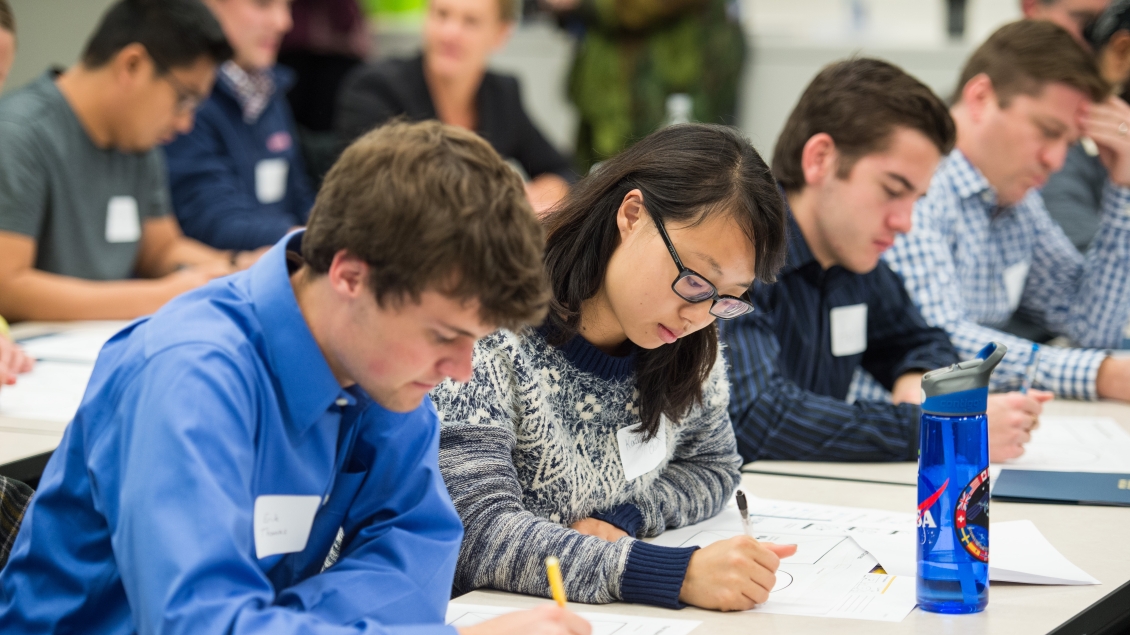
Fast Forward Medical Innovation
We offer a unique program to help students get ready for future careers in biomedical innovation and entrepreneurship.
The Certificate in Biomedical Innovation & Entrepreneurship is a non-transcript certificate program that combines science and business to train and prepare U-M Medical School graduate students for an impactful career in small biotechnology startups, large pharmaceutical companies, and other entities related to biomedical innovation and entrepreneurship.
Administered by Fast Forward Medical Innovation, the Office of Graduate & Postdoctoral Studies, and the Rackham Graduate School, participants will receive extensive training from experienced entrepreneurs and biomedical innovators on concepts necessary to translate biomedical research into products or practice. Upon completion of the certificate program, candidates will receive a certificate of completion signed by the Executive Vice Dean for Research at the U-M Medical School and Chief Scientific Officer of Michigan Medicine.
The program covers the fundamentals of life science entrepreneurship and allows students to practice these concepts through project-based work. It will allow students to further explore areas covered within the core course (PIBS 750: Biomedical Innovation & Entrepreneurship II) and further develop their knowledge of biomedical innovation concepts as they explore potential career interests not typically included in a biomedical graduate curriculum.
The certificate gives enrollees the opportunity to prepare for entrepreneurial careers, as well as those found in more traditional companies/firms such as:
Fast Forward Medical Innovation offers a comprehensive collection of educational programs and training tailored for busy faculty, students, and researchers across the University of Michigan, and across the state, region, and nation.
- Industrial Research Scientist
- Product Development/Manager
- Regulator Affairs Specialist
- Medical Science Liaison
- Venture Capital Associate
- Business Development Specialist
- Technology Development Officer
- Many Others
- Students must be enrolled at the graduate level in a degree seeking program at UMMS
- Students must take required coursework, which includes:
- PIBS 750: Biomedical Innovation & Entrepreneurship II
- Two pre-approved electives (electives listed below in the FAQs- What course can I take for the certificate)
- Complete the Biotech Career Development Program (BCDP) – separate admission required
Through using course elective credits, there is no additional cost for UMMS doctoral students to complete the certificate. Pre-doctoral candidates (2nd year) and candidates are eligible to take up to 4 credit hours of electives per semester that can be used toward the certificate. There is no cost for students to participate in the BCDP. Other students (Master’s level and Post-Doc) who do not have open elective credits embedded within their plan of study may be subject to regular tuition.
Please contact Jon Servoss ([email protected]) to arrange an advising appointment and to discuss auditing desired elective courses.
All for-credit coursework completed toward the certificate program and letter grades will be on your official university transcript. The formal completion of this certificate program is not currently noted by Rackham or the University of Michigan Registrar’s Office. However, successful completion of this certificate program is recognized by the the Office of Graduate and Postdoc Studies and Fast Forward Medical Innovation. Certificate graduates will receive a signed certificate of completion and alumni recognition on OGPS and FFMI webpages.
Required (Core) Course
- PIBS 750: Biomedical Innovation II (Fall only)
Two Pre-Approved Electives
- ENTR 520.001: Technology-Inspired Business Models
- ENTR 560: Project Management & Consulting
- ENTR 599: Entrepreneurship in Pharmacy
- ENTR 510: Compensation, Fund. & Ownership
- ENTR 599: ELP Entrepreneurial Leadership
- ENTR 530: Innovation and IP Strategy
- ES 515: Introduction to Entrepreneurship
- ES 615: New Venture Creation
- ES 620: Healthcare Startups
- ES 623: Venture Capital Finance
- ES 629: Financing Research Commercialization
- ES 640: Building Healthy Business
- ES 701: Wolverine Venture Fund
- ES 702: Zell Lurie Commercialization Fund
- ES 720: Commercialization of Biomedicine
- Phrmacol 622: Translational Pharmacology
- Phrmacol 621: Drug Discovery
- Phrmacol 620: Business of Biology
- BIOMEDE 550: Ethics & Enterprise
- BIOMEDE 588: Global Quality Systems & Regulatory Innovation
- MKT 625: New Product & Innovation Management
- Petition Course* (reviewed by committee)
Students must earn a minimum grade of “B” (3.0 GPA) or higher in all required and elective courses in order to be counted toward the certificate program.
*Since the University of Michigan has an ever evolving list of course offerings related to innovation, entrepreneurship, and biomedical technologies that students may be interested in, we will allow students the option to petition for additional courses outside of this pre-approved course list to be considered for elective credit in the certificate program. For consideration, courses must be graduate level, relatable to certificate program, and enhance student experience or knowledge in biomedical commercialization. To have an additional course considered, please fill out our Intent to Apply Form and send Jon Servoss ([email protected]) the course syllabi.
All certificate students must apply, participate, and successfully complete the Biotech Career Development Program (BCDP) in order to earn their certificate of completion. Students who have already notified FFMI of their Intent to Apply for the Biomedical Innovation & Entrepreneurship certificate form may receive priority acceptance into the BCDP. For more information, please contact Jonathan Servoss ([email protected]) for an advising appointment.
Yes! As long as all certificate requirements have been or are in the process of being completed, students can inform FFMI at any point that they Intend to Apply for certificate recognition. Courses not listed on the approved elective list can be petitioned for inclusion.
We encourage all participants to discuss their participation in this certificate program with the appropriate contact within their program, including their advisor.
No, not at this time.
Schedule an advising appointment with Jonathan Servoss ([email protected]) for assistance.
Yes, your timeline to complete the certificate requirements is dependent on your current program status/progress and commitments.
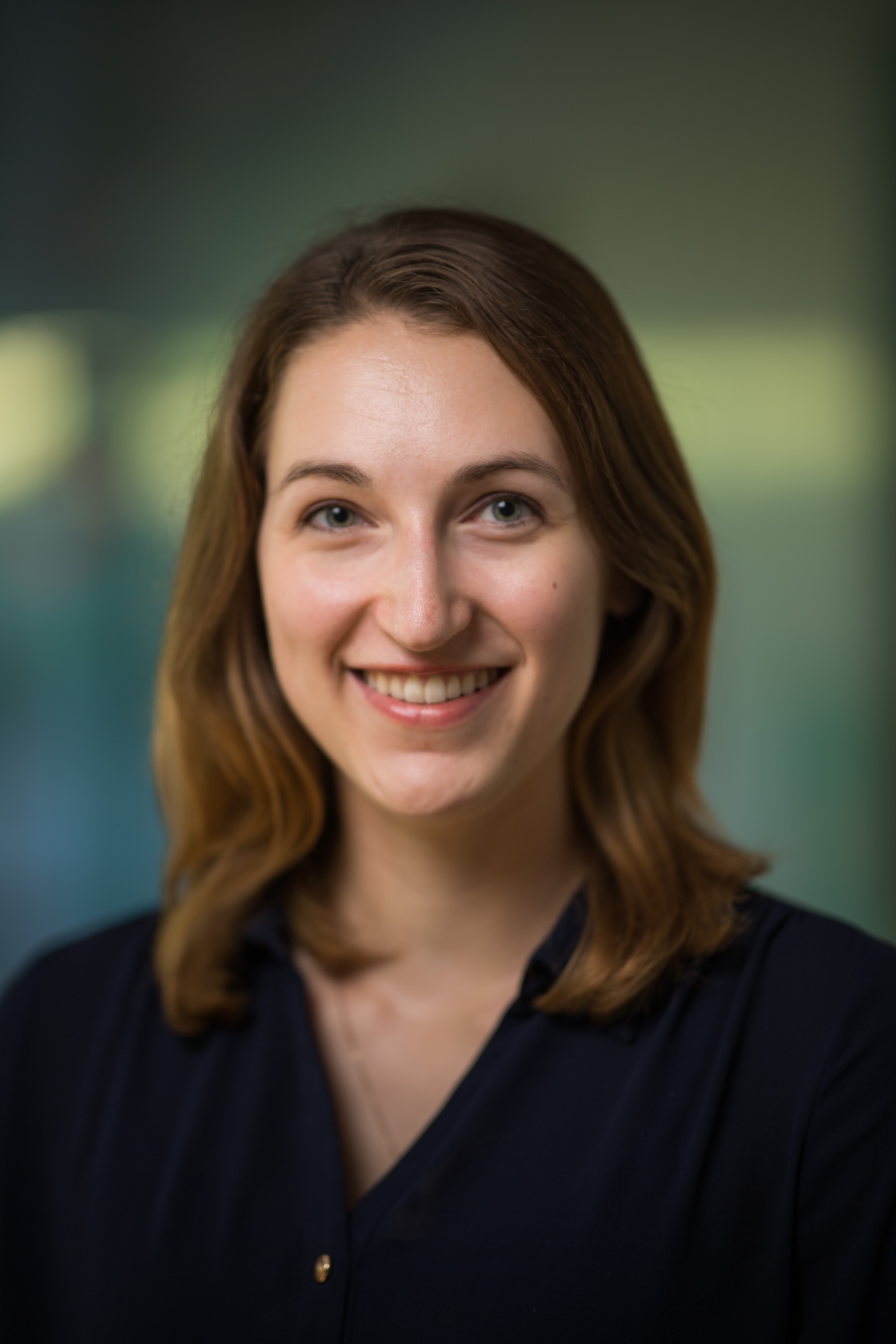
Career interests: Research & development
Describe your experience with the BIECP:
“The Biomedical Innovation & Entrepreneurship Certificate put everything into context for me. It really helped me to understand the scientific, regulatory, and business strategies and how they combine to create a successful product that will reach the hands of patients. The classes and programs required for the certificate were interesting and engaging and I got to interact with people outside of engineering and science. In each class, we were put at tables that had people who were studying different areas such as math, physics, public health, chemistry, and engineering. And talking to the instructors gave me the opportunity to learn from people who have straddled the line between science and business. These different perspectives really helped me understand the many parts of biomedical research.”
“Alyse Krausz Becomes First to Receive New Biomedical Innovation & Entrepreneurship Certificate”
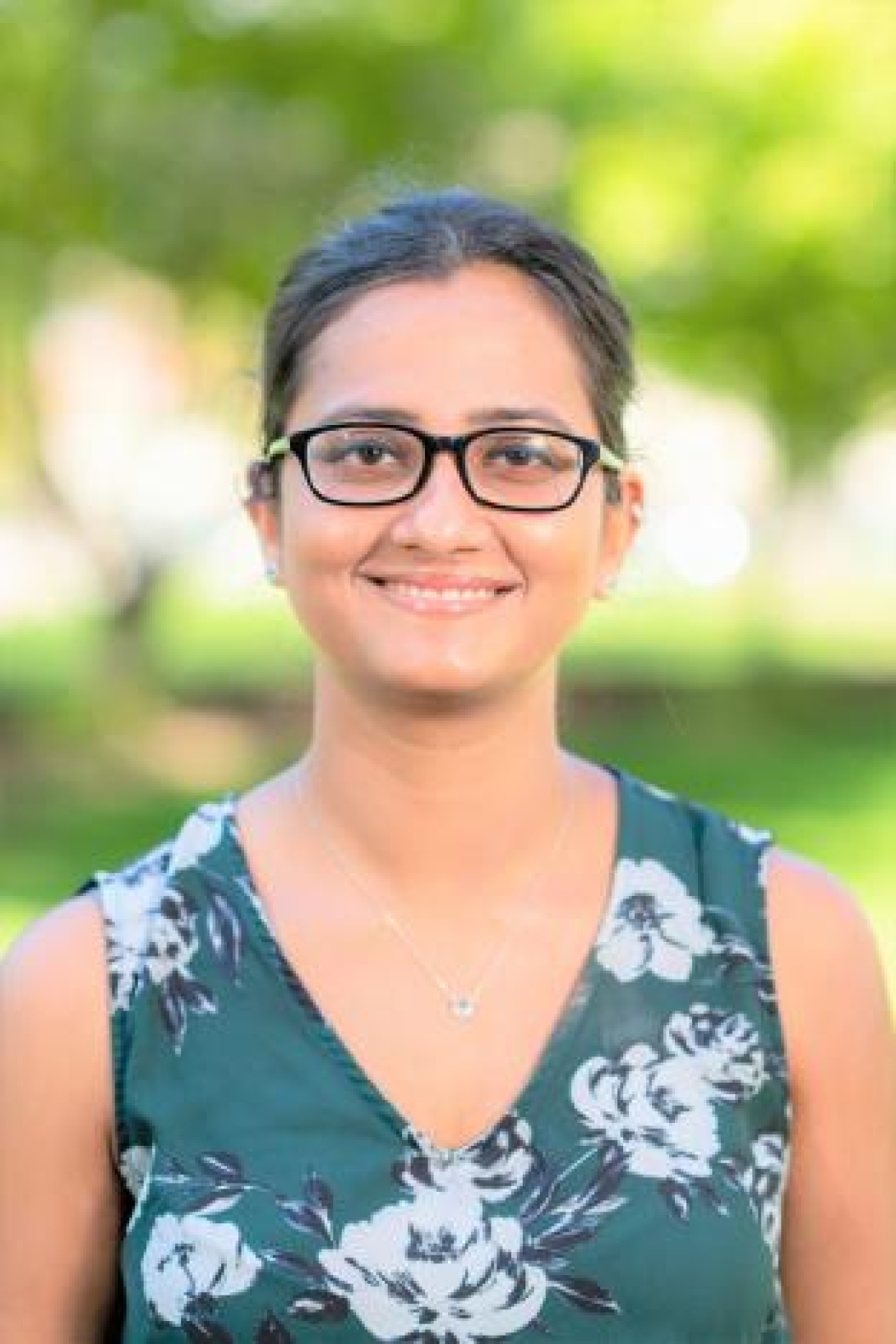
Career interests: Clinical trials, Translational research, Therapy/drug design, Biotech/Pharma companies
Describe your experience with BIECP:
“The Biomedical Innovation and Entrepreneurship Certificate Program (BIECP) helped me learn about various career options in life sciences, identify those that suit my interests, and develop the necessary skill set to pursue them. Most importantly, I learned about the crucial steps involved in translating basic science discoveries to the market, particularly with respect to the development of new drugs and medical devices. Through project-based training, I also learned about the biomedical product commercialization process, including value proposition, market evaluation, and pitch presentation. Finally, the program provided an opportunity to network with experts in biomedical innovation and learn from their experiences.”
“Points of Blue: Isha Verma, Ph.D., brings global perspective to Michigan Medicine”

Career interests: Life sciences consulting, Business development
Describe your experience with the BIECP:
“The Biomedical Innovation and Entrepreneurship Certificate Program (BIECP) helped me understand the business side of science. Through my elective courses at the Ross School of Business, I learned what it takes to bring a drug or medical device to the market. Topics of interest included market research, regulation and approval, patent issues, reimbursement, and marketing. I also enjoyed the entrepreneurship aspects of BIECP. PIBS 750 taught me the necessary steps to formulate my own business idea, starting from developing the value proposition to securing project funding. Finally, the Biotech Career Development Program (BCDP) helped me to gain insights into various non-academic careers while expanding my professional network. I would recommend BIECP to anyone interested in exploring the intersection of science and business.”
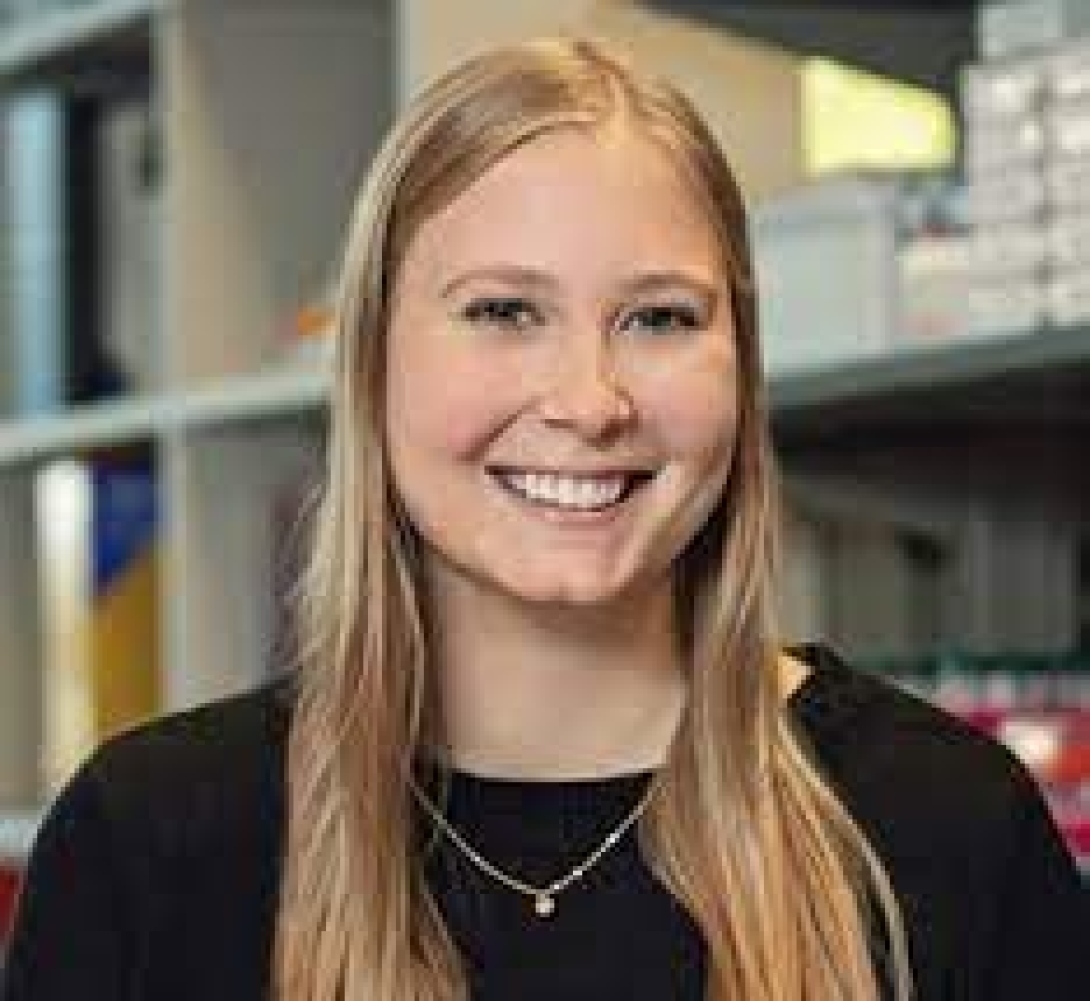
Career interests: Drug development, Business development
Describe your experience with the BIECP:
“The Biomedical Innovation and Entrepreneurship Certificate Program (BIECP) provided a multitude of opportunities to explore careers at the intersection of science and business and to develop the skills necessary to pursue those careers. One of my experiences through the Wolverine Venture Fund (WVF) was invaluable. In WVF, I learned how to apply business and investing basics in a real-life setting. I was then able to leverage my experience with WVF to work as a PhD intern at a pharmaceutical company over one summer. Through my internship, I gained insight into commercialization and business development, confirming my career interest in drug development. Undoubtedly, my experiences through BIECP will provide an advantage in pursuing a career in business post-graduation.”

Career interests: Translational research, Drug/device development, Business development, Venture Capital
Describe your experience with the BIECP:
“The Biomedical Innovation and Entrepreneurship Certificate Program (BIECP) provided the opportunity to make connections with other students interested in pursuing the business of biotechnology. I was able to not only explore careers I hadn’t considered through the Biotech Career Development Program (BCDP), but I was also encouraged to take courses to develop skills necessary to build my repertoire for those careers. Additionally, in taking courses through the Ross School of Business, such as the Wolverine Venture Fund (WVF), this provided the unique opportunity to work more closely with MBA students assessing business strategies for getting products to market in real-time. I strongly encourage anyone interested in pursuing the business of science to complete the BIECP.”
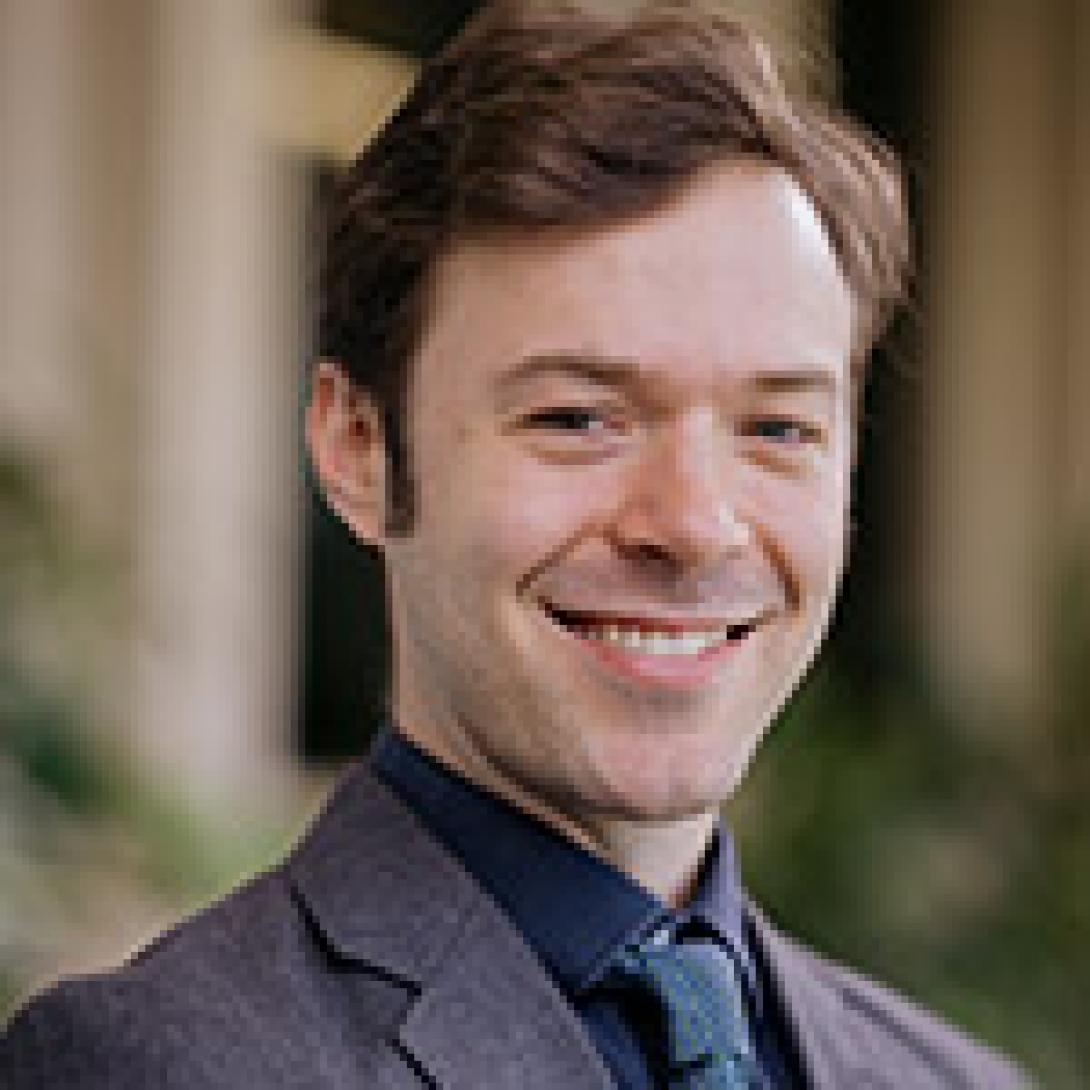
Career interests: Business Development, Pharma/Biotech
Describe your experience with the BIECP:
“For students interested in industry-related careers post-graduation, the BIECP is a fantastic complement to lab training in providing experiences that broaden one’s understanding of future opportunities within the biotech space. Building off of the career exploration processes of the Biotech Career Development Program, I was able to leverage an increased understanding of my interests towards more in-depth experiential learning in business development and entrepreneurship. Engaging in targeted classwork surrounding the business side of science, networking with peers and industry leaders, and working with actual University of Michigan entrepreneurs has substantially prepared me for my next roles upon degree completion. I highly recommend participating in BIECP to anyone interested in the non-academic landscape!”

Career interests: Business Development, Pharmaceutical Industry
Describe your experience with the BIECP:
The Biomedical Innovation and Entrepreneurship Certificate Program was a great opportunity to facilitate career exploration while in a PhD program. There are limited resources to explore industry-based careers with our base curriculum, so having the opportunity to explore classes focused on industry research and entrepreneurship has not only informed my career interests but helped gain the proper language to explore those options further. The Biotech Career Development Program took our training a step further by providing networking opportunities, which helped me obtain a summer internship at Pfizer. BIECP has helped develop many skills that I will take with me in my career, and I highly recommend anyone considering a non-academic career to consider the program.
Alyse Krausz, a PhD student in biomedical engineering, is one step closer to an exciting career in this dynamic field after becoming the first student to complete the Biomedical Innovation & Entrepreneurship Certificate Program (BIECP). BIECP is a non-transcript certificate program offered through the University of Michigan Medical School and administered by Fast Forward Medical Innovation (FFMI) and the Office of Graduate & Postdoctoral Studies (OGPS).
Originally from Perrysburg, Ohio, Alyse got her undergraduate degree from The Ohio State University before making her way to Ann Arbor. She has spent the last five years doing research that focuses on diagnostic systems and studying blood samples to find new ways to measure proteins in the samples and diagnose Traumatic Brain Injuries (TBIs).
Alyse had the typical student experience of starting college with the plan to go into a particular field of study, then switching to another. In her case, she originally wanted to be a biology major, heading towards a path in pre-med, while keeping biomedical engineering as a backup plan. But as she started getting involved in undergraduate research and working as an intern at Roche Diabetes Care, doing diagnostic and sending systems for diabetes, she realized that her Plan B was now her Plan A, and she wanted to continue doing research and earn her Ph.D.
When Alyse arrived at the University of Michigan, she became involved in a number of science and research-related extra-curricular activities, and also started looking at various U-M websites for professional development opportunities that related to working with industry. She found some interesting options that are offered through the University of Michigan Medical School. The first program she came across was the Biotech Career Development Program (BCDP). It appealed to her because it offered a broad career path and exposure to other options for people seeking a Ph.D. in biotechnology outside of the traditional academic tenure route.
“BCDP affirmed what I had been planning on doing,” said Alyse. “The program was a good exercise in contacting people I didn’t know and learning about careers of interest. That can be nerve-wracking, but BCDP helped me gain that experience and become comfortable with it. It was also a great opportunity to talk to grad students and postdocs considering other career paths and discuss why they were following those paths.”
Alyse also took Biomedical Innovation & Entrepreneurship, a collaborative Program in Biomedical Sciences (PIBS) course between FFMI and OGPS. The program gives students the opportunity to experience multidisciplinary teamwork to build a business base for a novel biomedical innovation as a method to gain essential skills for careers in entrepreneurship and other non-academic industries. Alyse said that the most beneficial part was the recitation session with small groups working on a pitch to a hypothetical investor.
“The PIBS course in biomedical innovation is one of the best classes I’ve taken,” she said. “I got to develop a pitch about my TBI research. The feedback was extremely helpful in learning what the investor is looking for and how to highlight the most important parts of the pitch. We went through the pitch presentations every week, and it definitely paid off in the end.”
Alyse can now add another important milestone to her CV with the completion of the Biomedical Innovation & Entrepreneurship Certificate Program. BCDP and PIBS led her to the certificate program that launched in fall 2019 because both classes, along with two pre-approved elective courses in entrepreneurship, are pre-requisites for the program.
The certificate combines science and business to train and prepare University of Michigan Medical School graduate students for an impactful career in small biotechnology startups, large pharmaceutical companies, and other entities related to biomedical innovation and entrepreneurship.
“The Biomedical Innovation & Entrepreneurship Certificate put everything into context for me,” says Alyse. “It really helped me to understand the scientific, regulatory, and business strategies and how they combine to create a successful product that will reach the hands of patients. For example, when you have a technology, the science is just the start. It could be the most perfect device, but if there’s not a market for it or you can’t get it patented, or approved, by the FDA, it doesn’t matter.”
Recipients of the certificate receive extensive training from experienced entrepreneurs and biomedical innovators on concepts necessary to translate biomedical research into product or practice. The program covers the fundamentals of life science entrepreneurship and allows students to practice these concepts through project-based work.
“The classes and programs required for the certificate were interesting and engaging and I got to interact with people outside of engineering and science,” recalls Alyse. “In each class we were put at tables that had people who were studying different areas such as math, physics, public health, chemistry, and engineering. And talking to the instructors gave me the opportunity to learn from people who have straddled the line between science and business. These different perspectives really helped me understand the many parts of biomedical research.”
So what are Alyse’s next steps?
“I want to work within research and development at a large medical device company. In fact, I accepted a position at BD
in their Technology Leadership Development Program,” said Alyse. “There’s something fascinating about taking a blood or biological sample, measuring the proteins, and using that to gather information and study disease.”
Building 520, 3rd Floor
2800 Plymouth Road
Ann Arbor, MI 48109-2800